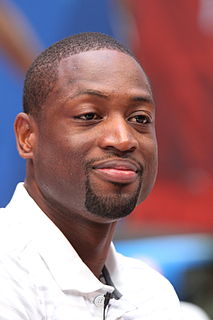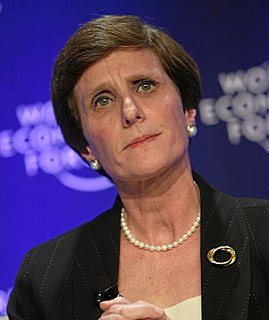A Quote by Celia Green
Research is a way of taking calculated risks to bring about incalculable consequences.
Quote Topics
Related Quotes
The basic question that the 'new science' raises for our balance sheet is the issue of what scientific questions have not been asked for 500 years, which scientific risks have not been pursued. It raises the question of who has decided what scientific risks were worth taking, and what have been the consequences in terms of the power structures of the world.


































